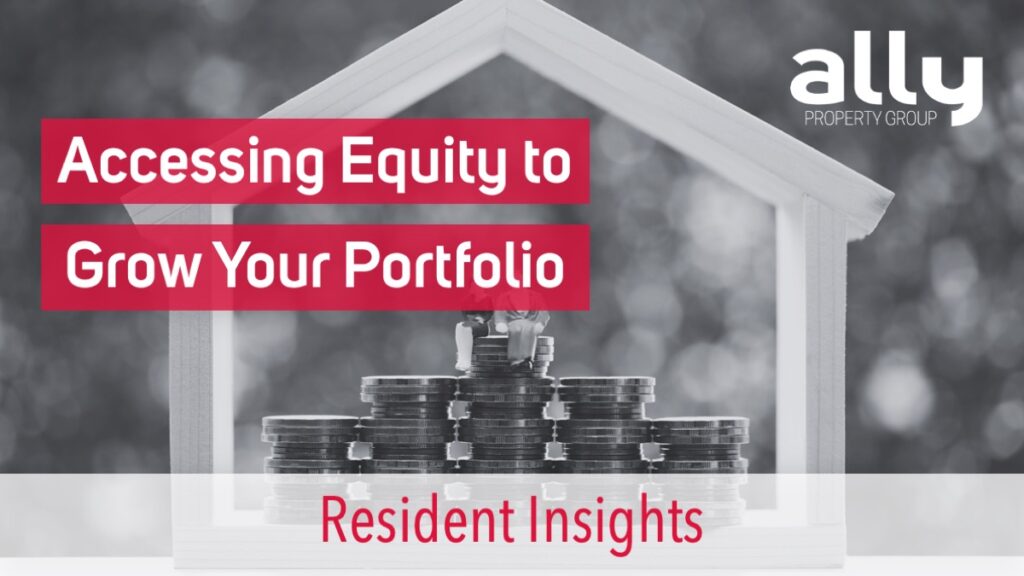Victoria Tax Changes and the Property Market Outlook
Welcome to our dive into Victoria's latest tax changes that came into effect at the beginning of 2024, and their ripple effects across the real estate market. If you're a property investor or considering becoming one, it's crucial to understand how these recent adjustments could shape your decisions and strategies. With the landscape shifting beneath our feet, we're here to navigate through these changes together, offering insights that could redefine your investment playbook.
Understanding the Tax Changes
In January 2024, Victoria's property investment scene underwent significant modifications, with the government implementing new tax regulations that have sent ripples through the investment community. At the heart of these changes are two pivotal adjustments: the reduction of the tax-free threshold for land tax from $300,000 to $50,000, and an increase in the absentee investor surcharge from 2% to an unprecedented 4%. These changes aren't just numbers; they represent a fundamental shift in the landscape for property investors in Victoria.
Previously, property owners enjoyed a relatively generous tax-free threshold, allowing for substantial tax savings. However, the dramatic reduction of this threshold means that more properties now fall within the taxable bracket, significantly increasing the tax burden on investors. This change forces investors to re-evaluate the cost-effectiveness of their holdings, pushing some to reconsider their investment strategies within the state.
Targeting foreign and interstate investors, this surcharge aims to level the playing field for local buyers. However, this increase places a heavier financial load on absentee investors, potentially discouraging foreign investment in Victoria's real estate market. It's a move that could alter the demographic landscape of property ownership in the state, with long-term implications for market dynamics.
Immediate Impact on Investors
As property investors in Victoria, you've recently navigated through a sea of changes, most notably the tax adjustments announced. These aren't just legislative tweaks; they're significant shifts that could redefine your investment landscape. For many, the reaction has been swift and decisive: selling off properties to mitigate increased costs and reassess investment viability. This trend is not merely a knee-jerk reaction but a calculated response to rising expenses that threaten the profitability of property investments in the state.
You've seen the landscape change: a tax-free threshold reduction coupled with a hike in absentee investor surcharges has transformed what was once a promising investment territory into a challenging domain. This has prompted a reconsideration of investment portfolios, with many of you choosing to liquidate assets rather than weather the storm of increased liabilities. This decision isn't made lightly; it's a strategic move to preserve capital and potentially reallocate resources into more financially sustainable ventures.
The ripple effect on the rental market is already becoming apparent. With fewer properties available for rent, due to investors exiting the market, the balance between supply and demand shifts. This imbalance could lead to increased rental prices, affecting affordability and accessibility for tenants. It's a chain reaction that starts with tax changes and ends with a tighter rental market, illustrating the interconnectedness of investment decisions and broader market dynamics.
The Broader Market Implications
The exodus of investors from Victoria's property market is not just a story of individual financial decisions; it's a narrative that could reshape the housing landscape in the state. As properties are sold, the immediate consequence might be a reduction in rental stock, but the long-term implications stretch far beyond this. A decrease in investment activity could lead to a slowdown in housing supply growth, exacerbating existing affordability issues and potentially stalling future developments.
Predicting the market's direction in the coming years hinges on several factors, including government policies, economic conditions, and investor sentiment. However, one likely scenario is a market characterised by heightened competition for available properties, both for purchase and rent. This could lead to increased prices, making it even more challenging for first-time buyers and renters to find affordable housing options.
Moreover, the potential for rent fluctuations is significant. As the supply of rental properties contracts, the remaining stock could see increased demand, pushing rents higher. This would not only affect new tenants but could also lead to financial strain for existing tenants facing lease renewals under these new market conditions.
Navigating this evolving landscape requires adaptability, insight, and a keen understanding of market trends. As investors, the choices you make today will shape your financial future and contribute to the broader narrative of Victoria's property market. In these turbulent times, staying informed and considering the long-term implications of your investment strategies has never been more important.
Looking Ahead: Opportunities and Challenges
As we gaze into the future, the landscape of Victoria's property market holds both promising opportunities and daunting challenges. For investors willing to navigate the turbulent waters, there are niches of potential growth and profitability. Diversification, looking into emerging suburbs, or considering properties with unique value propositions may present lucrative avenues. Yet, the shadow of a bearish market outlook looms, casting uncertainty on long-term gains and testing the resilience of investment strategies.
Drawing from the insights of real estate experts and economists, the consensus points towards cautious optimism. Victoria's market is undergoing transformation, influenced by tax changes and evolving investor profiles. Experts suggest a strategic approach, emphasising the importance of thorough market research, risk assessment, and adaptive investment models. Leveraging professional advice and staying abreast of legislative changes can guide investors through these uncertain times.
Conclusion
In recap, Victoria's property investment scene is at a crossroads, marked by significant tax reforms and a shifting economic landscape. While challenges are evident, so are opportunities for those prepared to adapt. Staying informed, seeking expert opinions, and carefully considering the long-term implications of your investment decisions will be key to navigating this evolving market. The journey ahead is complex, but with the right strategies, resilience, and foresight, investors can navigate their way to success in Victoria's dynamic property market.
Embark on your property investment journey with Ally Property Group, your trusted ally in Australia's real estate market. Our expert advisers are dedicated to crafting personalised investment strategies for Australian expats and residents alike, aiming to enhance your portfolio and maximise returns. Start building your wealth with Ally Property Group, where strategic insights, analysis and modelling leads to prosperous investments.
We’re more than just property advisers. As Australian expats ourselves, we've navigated the intricate world of property investment both at home and abroad. With a legacy rooted in financial services, we offer a holistic, transparent, and strategic approach, ensuring you're equipped with the knowledge and confidence to make informed decisions.
Book an obligation-free, complimentary consultation here today.
General Information Warning: The information contained herein is of a general nature only and does not constitute in any way, personal advice. You should not act on any recommendation without considering your personal needs, circumstances, and objectives. We recommend you obtain professional property investment advice specific to your circumstances.
Pay it forward! Share this article with your friends and network.



